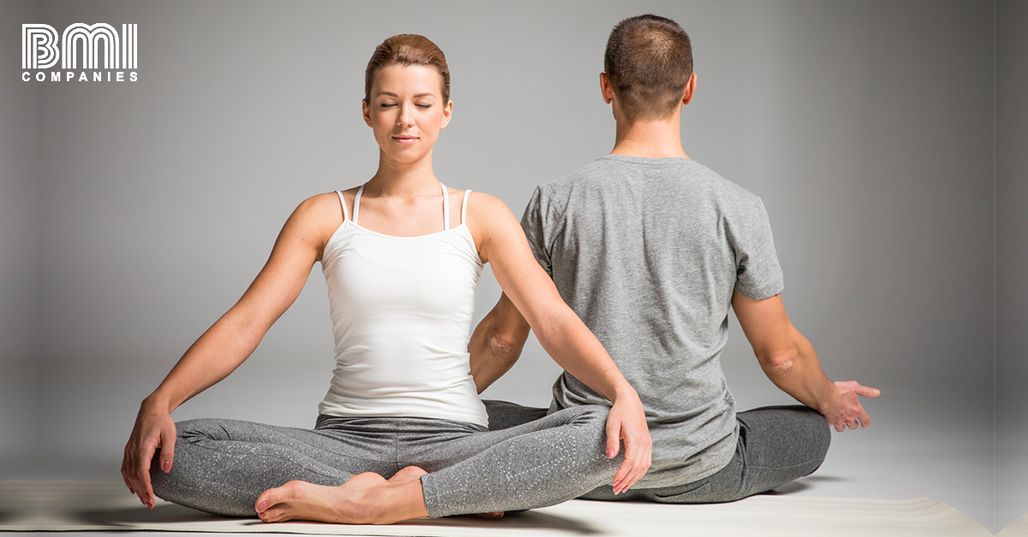Today, alternative health practices have become a reference for new generations, people are no longer satisfied with the benefits that modern medicine offers. Under this scenario, one of the most popular options to achieve comprehensive well-being is meditation, an ancient practice that has already been adopted by the West as its own.
There are different types of meditation, such as Kundalini, Vipassana or Zen, but no matter what it is, they all seek to achieve a physical state of deep rest that changes the physical and emotional responses to stress or experiences that depress our physical, mental and mental state. emotional.
Lack of time for recreational activities, routine work, noise, or pollution, are factors that translate into stress, which constitutes an impediment to achieving a full life. Therefore, meditation is an excellent way to improve the quality of life in a time when free time is scarce. Meditating does not require investing money, and you only need to dedicate between 5 and 15 minutes of your day, in addition, you can do it in your office or in your living room. What this practice does require is discipline, to result in a change that will undoubtedly fall on us wonderfully to improve our daily lives.
Thanks to the interest of researchers in uncovering the mysteries of the brain, more and more benefits of meditation are being scientifically proven.
These are some data that experts have discovered and that support this alternative practice as beneficial for health.
• The Journal of Neuroscience, a respected scientific journal with 20 years of experience, published a report that meditation relieves pain, and it does so without using the natural opiate production mechanism, such as endorphins. This means that even without these compounds, meditation can have an analgesic effect. (Full report here)
• On the other hand, a study carried out by Dr. Sara Lazar, who works at Massachusetts General Hospital and Harvard University, showed that constant meditation transforms the physiology of your brain in different regions, which translates into mental and emotional benefits such as:
- The growth of the posterior cingulate that regulates mental wandering and self-esteem - The development of the left hippocampus that helps in learning, understanding and memory
- The change in the temporoparietal muscle that better regulates empathy and compassion.
We hope that after reviewing the above information you feel motivated to make meditation a constant practice in your life. We are sure that your body and mind will thank you.

















